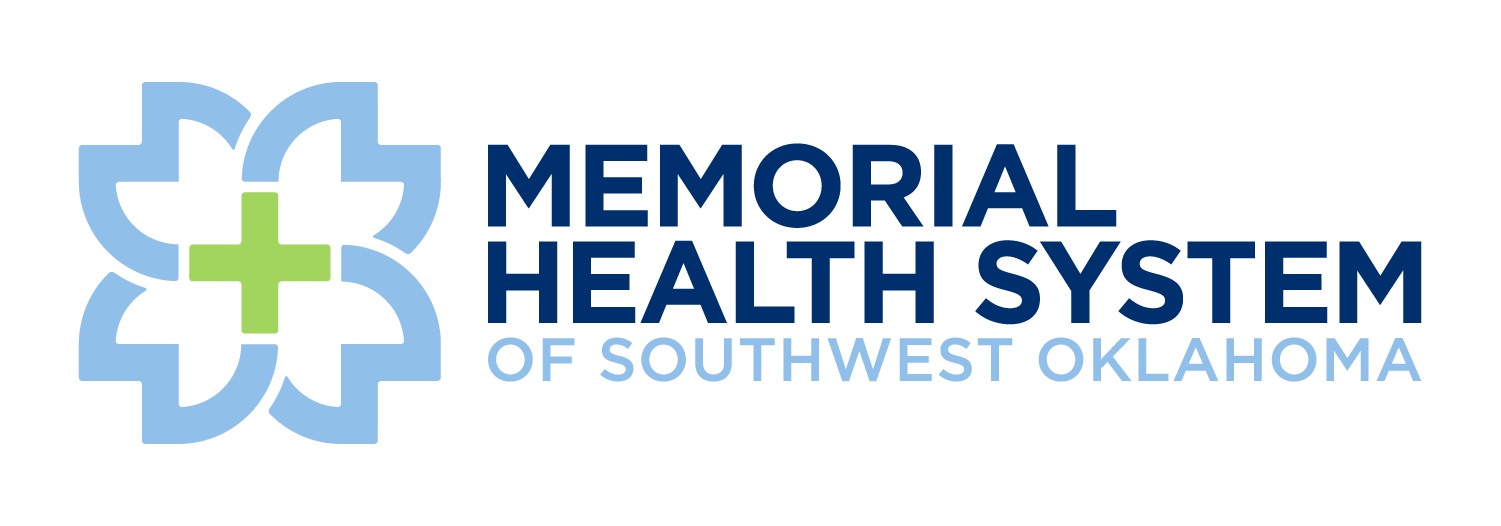Last week we discussed surviving your first holiday without a loved one. Getting through all the “firsts” without your loved one can be particularly hard. What if you cannot seem to move on though? Did you know there is actually a medical diagnosis for that? It is known as complicated grief syndrome or persistent complex bereavement disorder.
Grief is different for everyone and how they progress through the stages varies. For most, grief looks something like this:
Accepting the loss
Experiencing the pain of loss
Adjusting to a new reality without a loved one
Building other relationships
For those struggling with complicated grief, however, resuming normal daily activities is difficult. If you cannot seem to pass through these stages and resume a happy life after more than a year, you may have complicated grief.
Complicated grief symptoms
The symptoms of complicated grief are similar to the normal grieving process. However, normal grief symptoms fade over time while complicated grief may worsen.
During the first few months after a loss, many signs and symptoms of normal grief are the same as those of complicated grief. However, while normal grief symptoms gradually start to fade over time, those of complicated grief linger or get worse. Complicated grief is like being in an ongoing, heightened state of mourning that keeps you from healing.
Symptoms include:
Feeling numb and detached
Intense pain and sorrow over the loss
Inability to accept the loss
Excessive avoidance of reminders of the loved one
Inability to focus on anything but your loss
Feeling unnecessarily responsible for the death
Intense longing for the deceased
Feeling that life lacks purpose or meaning
Inability to reflect on positive memories with the loved one
Feeling bitter about the loss
Isolating yourself from activities
Inability to trust others
Wishing you had also died
Complicated grief also may be indicated if you continue to:
Have trouble carrying out normal routines
Isolate yourself from others and withdraw from social activities
Experience depression, deep sadness, guilt or self-blame
Believe that you did something wrong or could have prevented the death
Feel life isn’t worth living without your loved one
Wish you had died along with your loved one
Causes and risk factors
Medical professionals do not know what causes some to be more likely to develop complicated grief than others. We do know the condition occurs more often in females and with older age. Factors such as your personality, environment, and inherited traits and your natural chemical makeup make be risk factors.
Risk factors include:
Death of a child
An unexpected or violent death
Traumatic childhood experiences
Social isolation or loss of a support system or friendships
Close or dependent relationship to the deceased person
Past history of separation anxiety, depression, or post-traumatic stress disorder (PTSD)
Other major life stressors
Complications
If you have symptoms of complicated grief, we urge you to seek help. Without appropriate treatment, complications may develop such as:
Alcohol or substance abuse
Anxiety, including PTSD
Suicidal thoughts or behaviors
Depression
Sleep disturbances
Increased risk of physical illness
Long-term difficulty with daily living
Treatment
Your doctor will determine which treatment is best for you. A typical treatment plan may include the use of antidepressant medications, counseling or psychotherapy. If you need a physician, one of our CCMH providers would love to meet with you.
If you have thoughts about suicide, talk to someone you trust. If you think you may act on these feelings, call 911 or your local emergency services number right away. You can also reach out to the National Suicide Prevention Lifeline at 800-273-TALK (800-273-8255).
Disclaimer
The Comanche County Memorial Hospital website does not provide specific medical advice for individual cases. Comanche County Memorial Hospital does not endorse any medical or professional services obtained through information provided on this site, articles on the site or any links on this site.
Use of the information obtained by the Comanche County Memorial Hospital website does not replace medical advice given by a qualified medical provider to meet the medical needs of our readers or others.
While content is frequently updated, medical information changes quickly. Information may be out of date, and/or contain inaccuracies or typographical errors. For questions or concerns, please contact us at contact@ccmhhealth.com.

